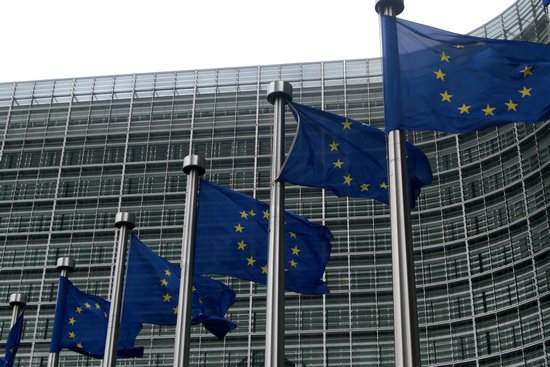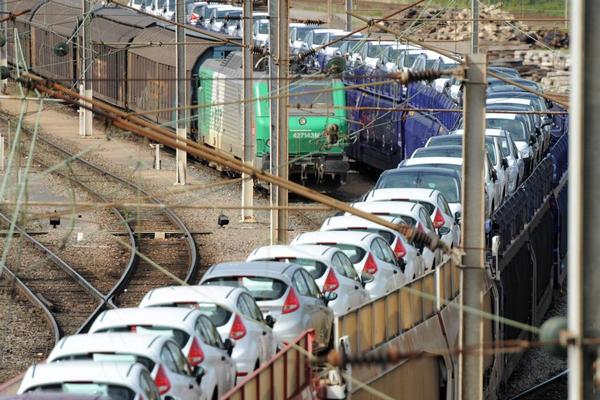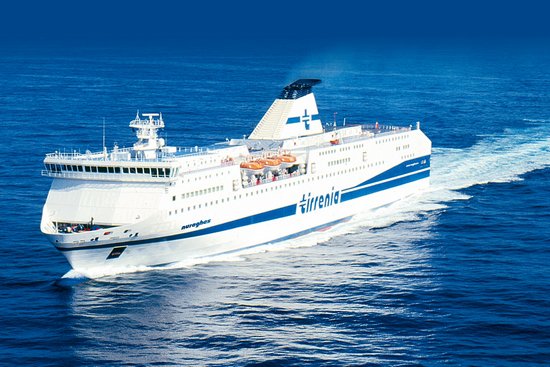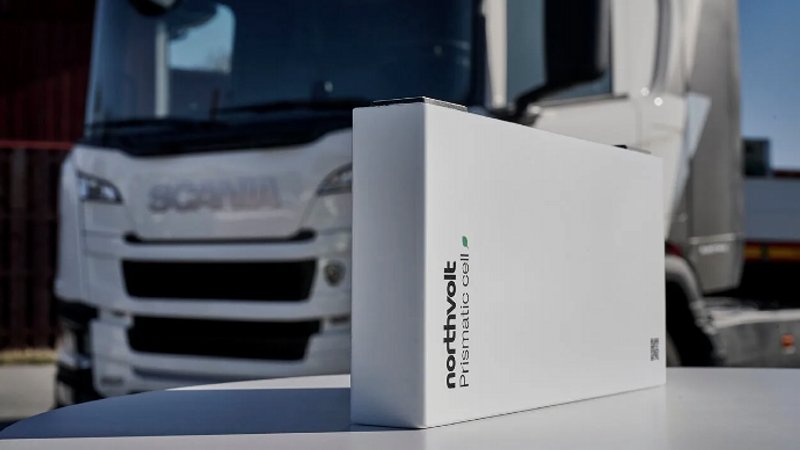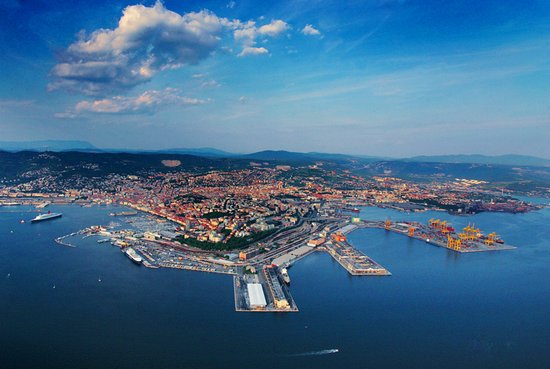After months that seemed marked by passive acceptance, Fret SNCF's Management Committee has sent a letter to the French government calling for a moratorium and a reassessment of the decision made in Paris, which involves the dissolution of the company. The letter states, "We believe that the French government's hasty action and the direction of SNCF will not allow the railways to make the necessary changes."
According to the plan initiated by the French government, starting from January 1, 2025, the current company will be dissolved, and its various branches either separated or incorporated into the parent company. This drastic measure follows an investigation by the European Commission into potentially illegal state aid that the struggling French freight railway company had received. Fret SNCF was accused of receiving disguised aid amounting to €5.3 billion to settle and then erase its 2019 debt, using the parent company's public funds.
As a result, as early as December 2023, several relationships managed by Fret SNCF were transferred irrevocably to competing railway companies, with the German group DB taking the lion's share. Furthermore, to avoid further disputes with Europe, Paris established a kind of ten-year constraint during which SNCF cannot extend its services in combined transport and block train transport. Following this corporate shakeup, at the beginning of 2024, the French railways' freight and logistics division, Rail Logistics Europe, announced a drastic reorganization with a series of organizational and managerial changes to prepare for the dissolution of Fret SNCF.
Against this backdrop, Fret SNCF's management has refused to play the role of the accused. According to the French railway's cargo company, the responsibility lies entirely with the central government and its decisions, or rather, its indecisions. These include a lack of investment in the network and transshipment infrastructure, which has made rail freight uncompetitive.
Moreover, the government failed to implement effective financial support for the environmental benefits of rail transport. Instead, road transport was favored, with no regulation of the increasing presence of foreign companies and piecework drivers. Finally, the company criticizes the clumsy handling of liberalization, which led to "distorted, inappropriate, and devastating competition."
All this is set against the backdrop of the SNCF group's overall finances, which for the third consecutive year closed with a positive balance, thanks largely to the high-speed passenger services. However, the freight sector also held its ground: in a particularly challenging year like 2023, the turnover of Rail Logistics Europe remained essentially stable at €1.7 billion, with a mere 0.5% decrease, despite continuous investments and acquisitions in logistics and multimodal transport.
Piermario Curti Sacchi


